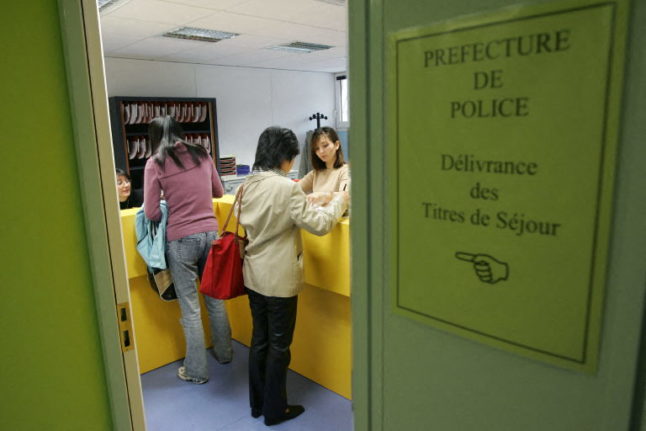Forget taxes and property and bureaucracy and all that nonsense, let’s start with important things about living in France . . . wine rules.
Red wine goes with meat; white wine with fish; women don’t pour; and don’t bring a bottle to a party… French wine is a heavily mythologised subject, with people keen to tell you all about the ‘must follow’ rules – we look at the facts and the fiction surrounding drinking wine in France.
Fact or fiction: 11 rules about French wine (and a couple of myths)
Sadly, you can’t ignore the red tape for long, especially if you want to become French.
There’s a lot of paperwork involved in becoming a French citizen – and a lot of waiting. And some tests. But there’s also some expense. Here, we explain what you’re likely to have to pay for, and how much it will be.
How much does it cost to get French citizenship?
This might be useful, though. When using French administration services, you are increasingly likely to be asked for your ‘Identité numérique‘ – here’s how this digital ID system works (it’s fundamentally a two-step verification thing) and who can use it.
Identité numérique: What is the new French digital ID and do you need one?
Even if your French is perfectly competent for daily life, when it comes to complicated and technical matters such as taxes, legal disputes or making a will, you might prefer to go to an English-speaking professional, to be sure you understand everything correctly.
But how do you find the help that you need? We have the lowdown.
Reader question: How can I find English-speaking lawyers and accountants in France?
Water, water, almost nowhere. It’s hard for most people to get too worried about a lack of rain in winter, but France went through a record 32-day dry spell in January and February, prompting concern that we’re in for another intense drought this summer.
This explains what the experts are saying.
How likely are droughts and water restrictions in France in summer 2023?
Having started with a spot of French wine, it’s only right we finish with a bit of French history. When you walk along France’s western or northern coastline, at some point you will likely stumble across a vestige of the past – a large slab of concrete, perhaps now decorated with graffiti, which once served as a World War II bunker.
You may wonder why they still exist.
Why does France still have so many WWII bunkers on its coast?



 Please whitelist us to continue reading.
Please whitelist us to continue reading.
Member comments